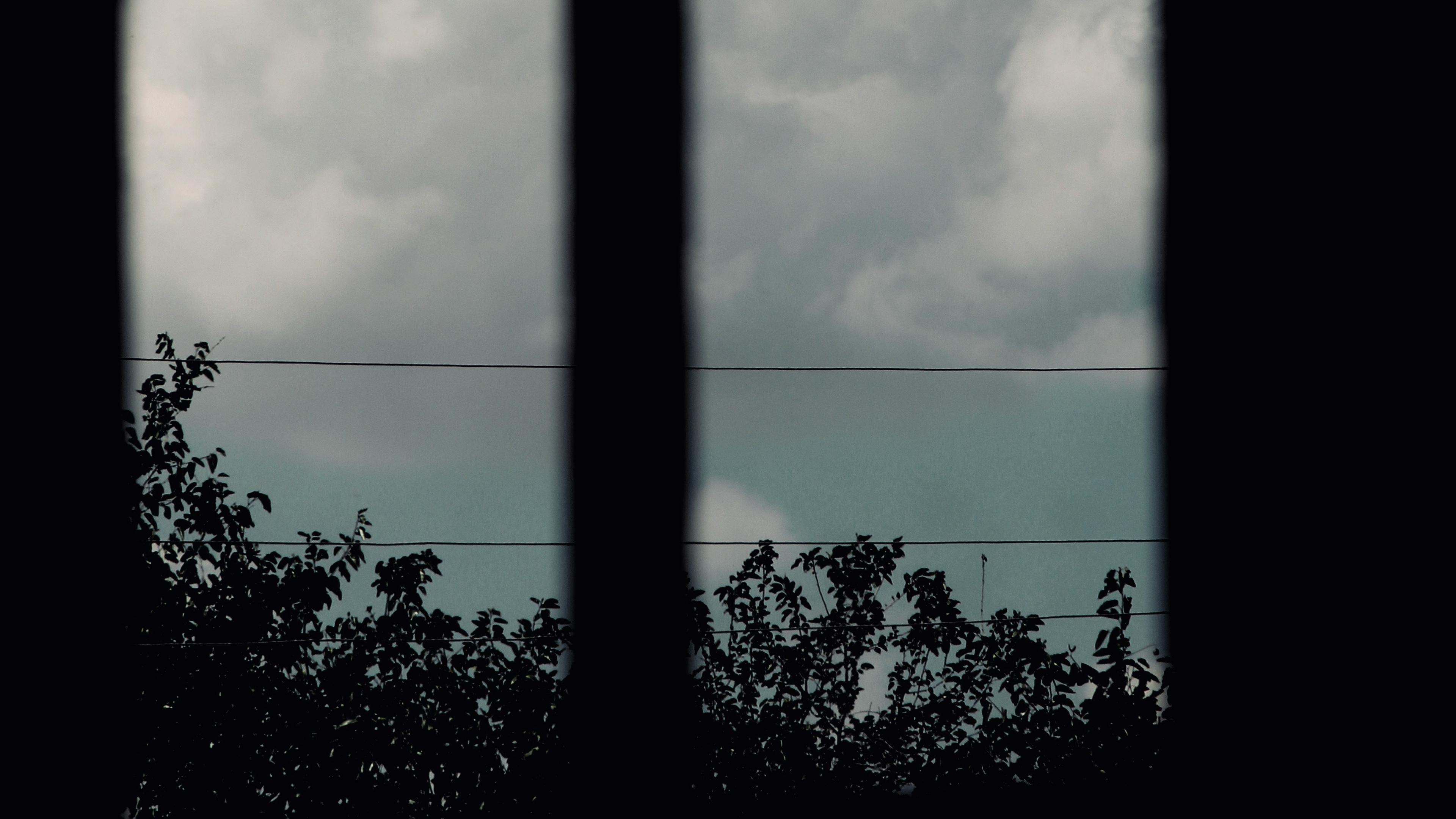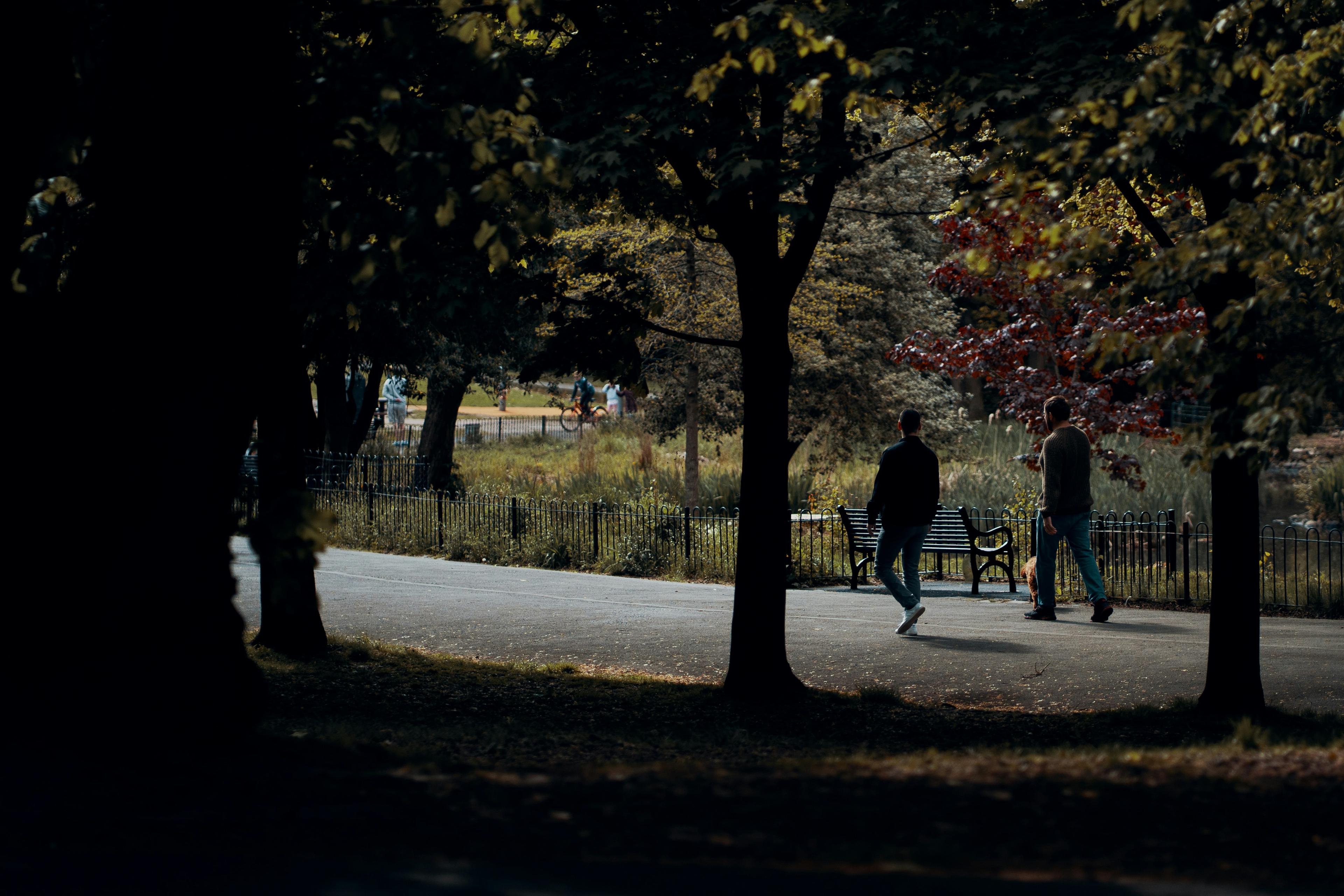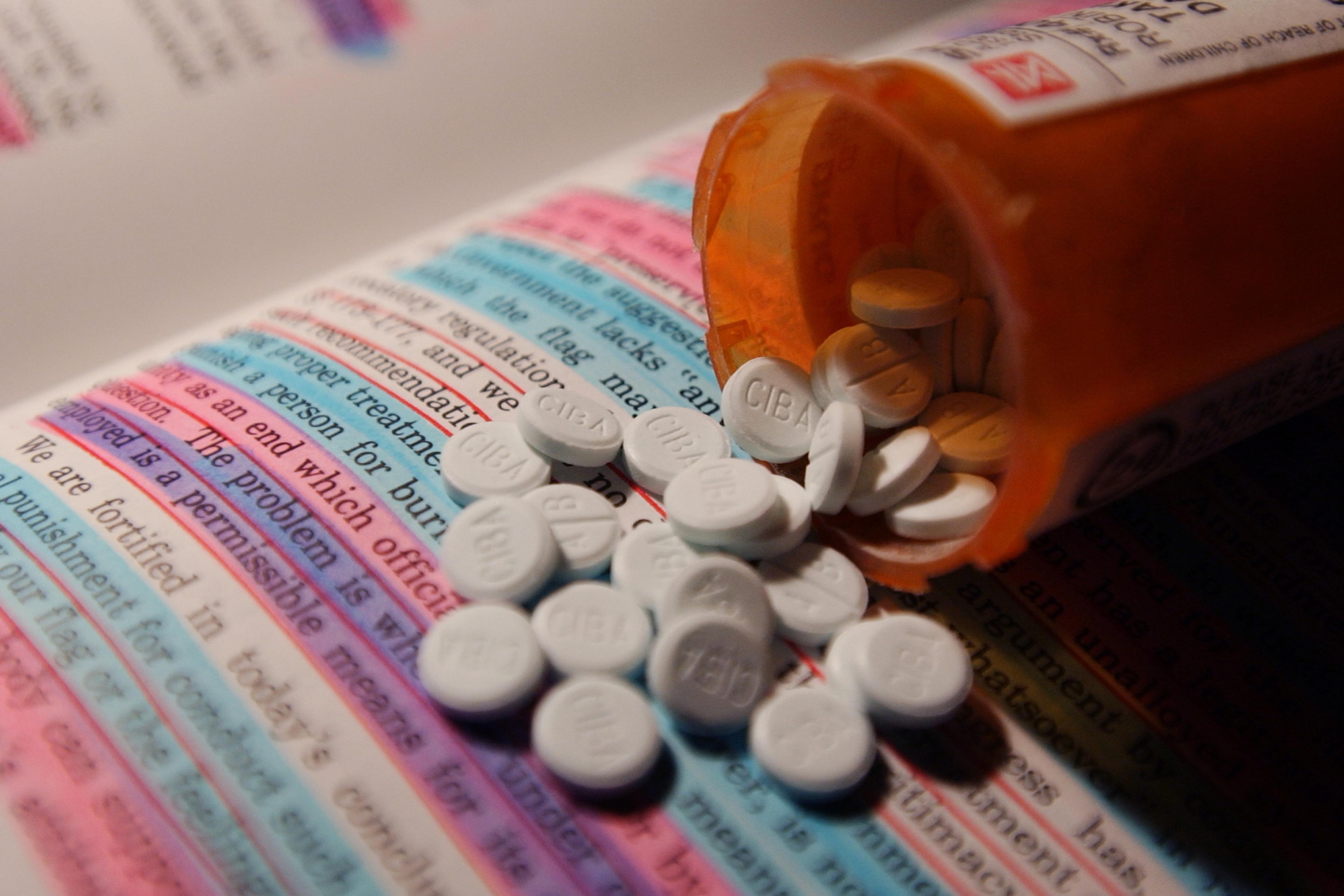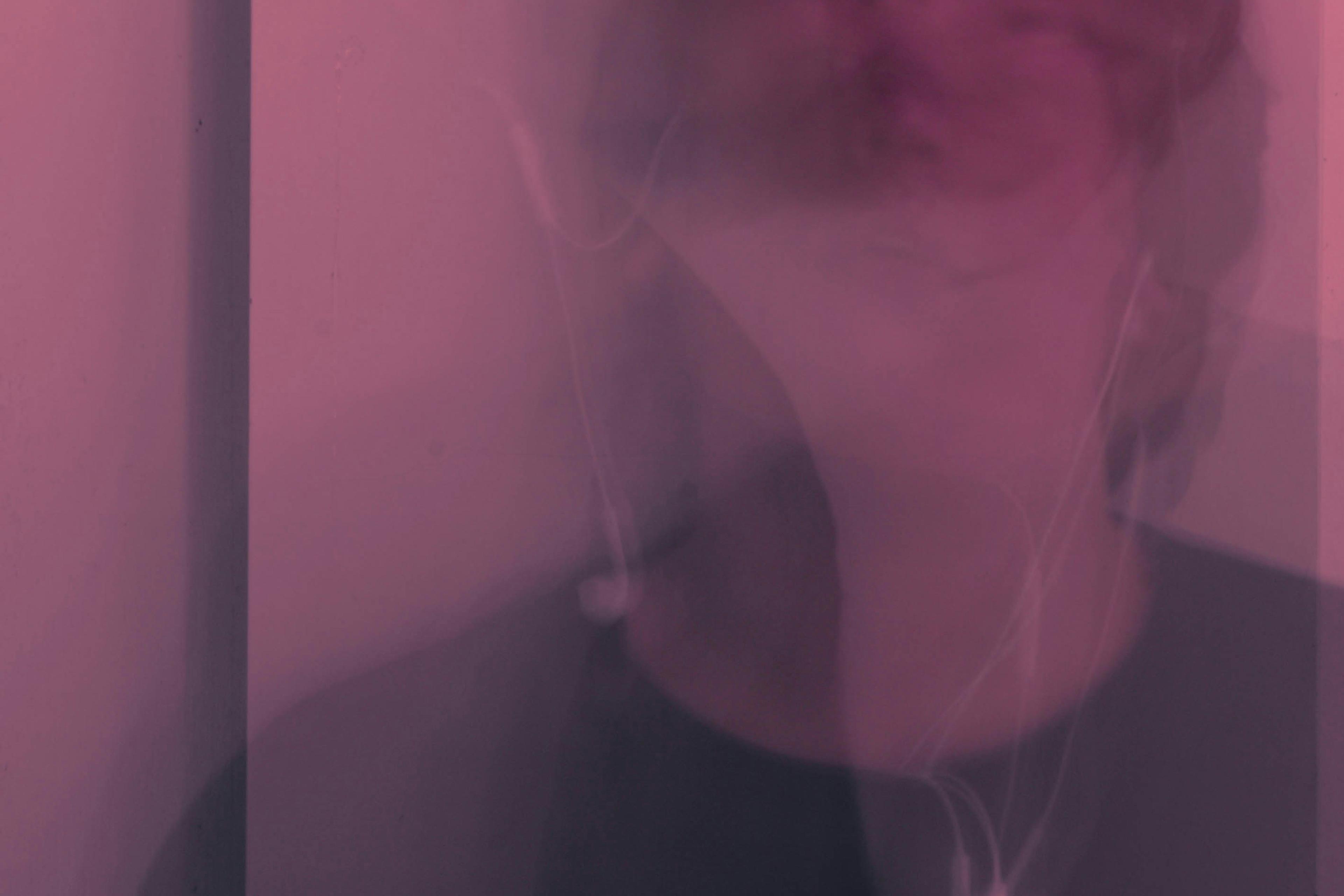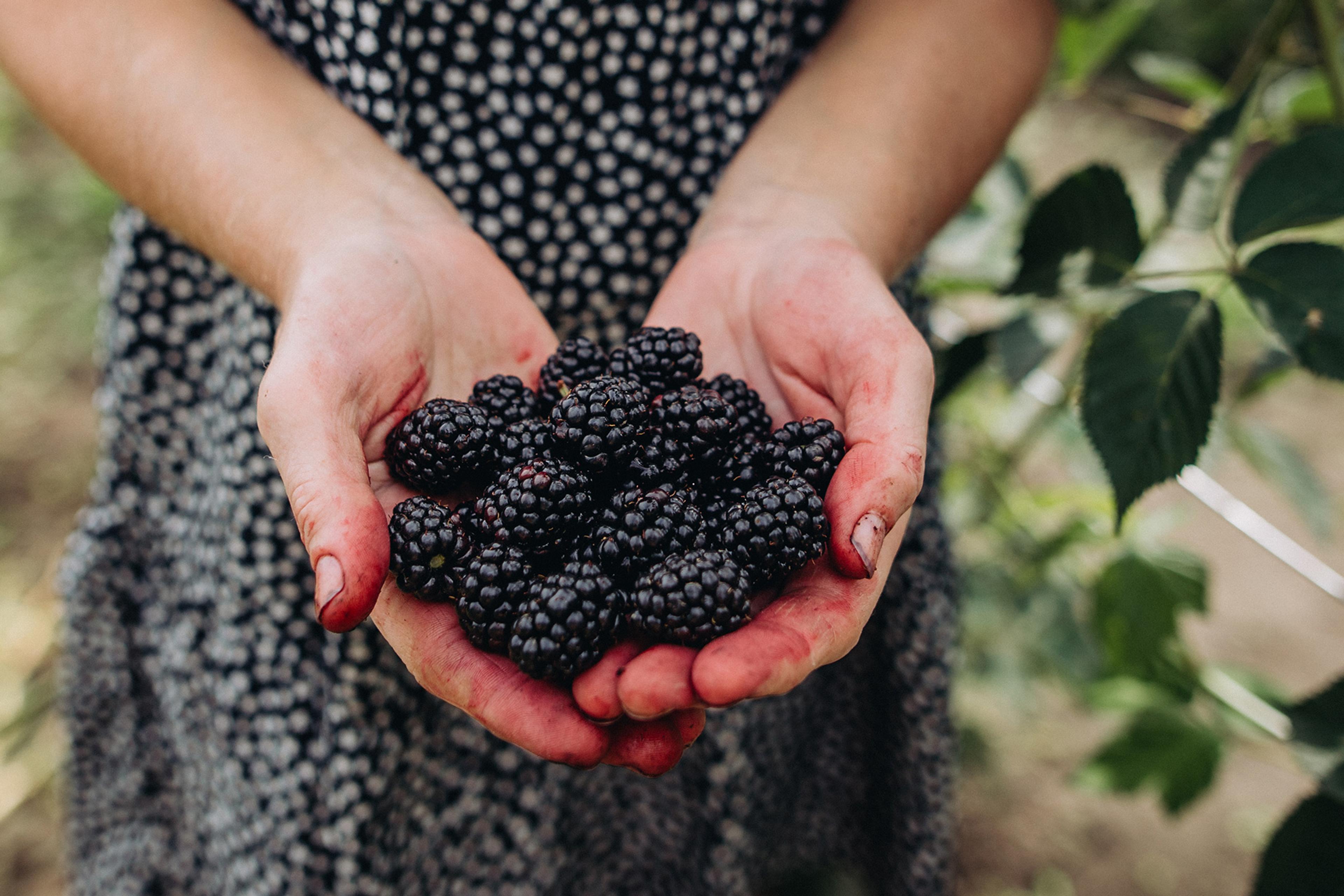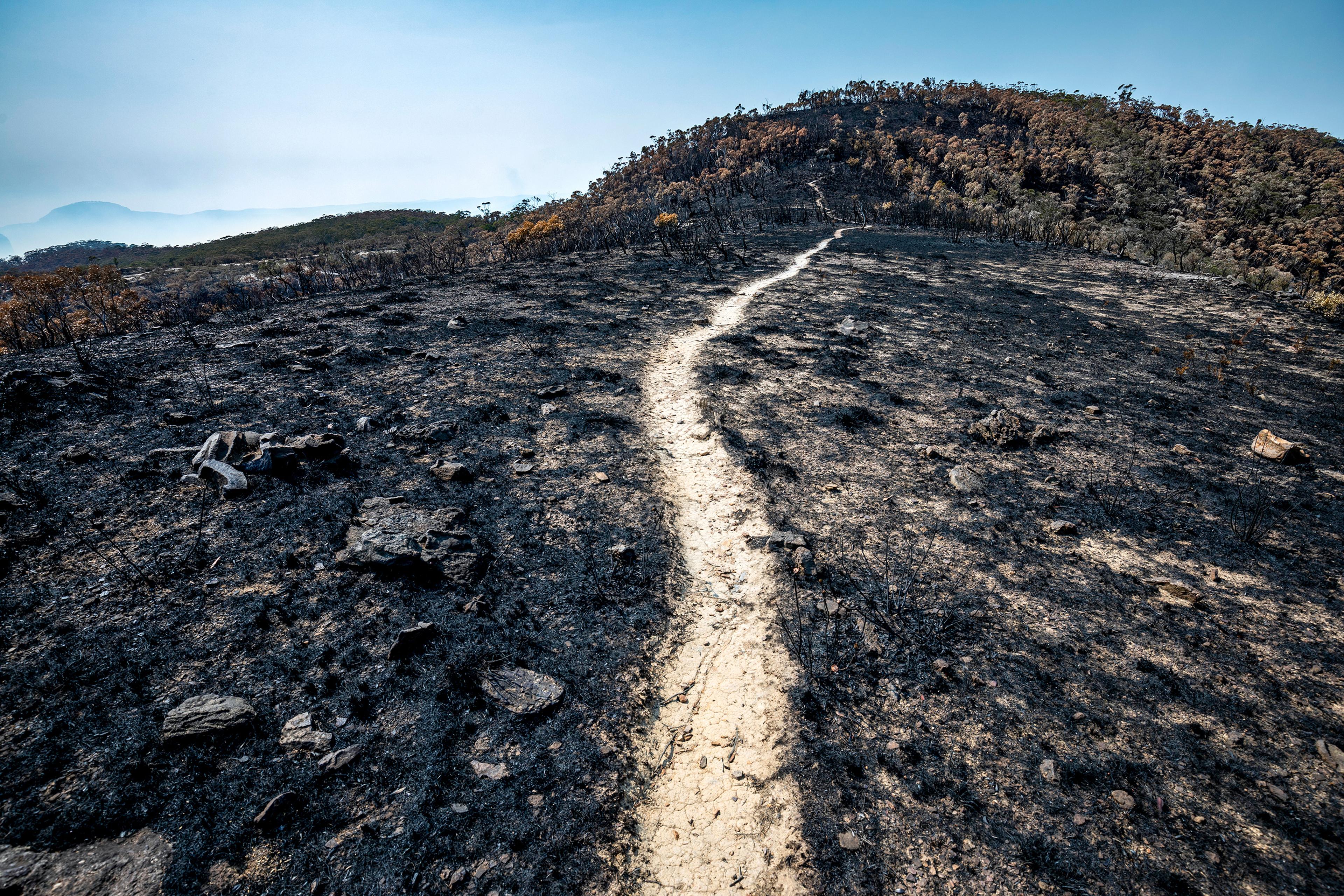The difference between a brief flirtation and an all-consuming love affair is one of interest. Put a different way: the thing that might save you from losing all your money, time and sanity to any extortionist – a grifter, say, or the unrelenting force of a chemical addiction – is boredom.
We are a society that has commodified engagement, madly competing for eyes, ears, swipes and clicks. In an attention economy like ours, there is nothing more worthless than boredom. It’s to be avoided at all costs, vanquished by captivation or at the very least distraction. If something dissatisfies, then we ought to ditch it for the next thing. But what if we paused in our boredom, actually listened to it? What might it tell us?
I’ll give you my answer. Suppose your life feels grey, and you feel small and unworthy, and one day you meet someone with a bright smile and razor-sharp wit who seems capable of turning your life around. And suppose that someone – though captivating, even dazzling – doesn’t have your best interests at heart. He may be an extortionist of some sort, or a con artist, or he may not be a person at all. He may be a chemical that gets you high, that you ingest in hopes of slipping the surly bonds of your small life and achieving real transcendence. You may ingest this chemical again and again, hoping for some life-altering outcome while receiving ever-diminishing returns. This may continue until you hit rock bottom and then white-knuckle through a period of sobriety before ultimately deciding to try again, only to hit an even deeper rock bottom the second time around.
As long as this cycle captivates you, as long as you imagine it holds promise, you will continue this destructive love affair. The only way out is boredom.
Like most anyone who’s spent time ‘in the rooms’ – recovery parlance for 12-step meetings – I have stories to tell. I’ve lied to people I love, showed up to perform all manner of skilled labour while high out of my mind, smuggled drugs onto commercial flights, nodded off at the wheel. I’ve had numerous rock bottoms – it sounds counterintuitive, I know, but it’s the sort of thing that makes sense when you’ve lived in the chaotic thrall of chemical addiction. During one of these bottoms, I was crawling across my kitchen floor after having taken a truly debilitating amount of gabapentin, calling a work colleague who barely knew me to complain that my breathing was ‘kind of slow’. She drove me to my first Narcotics Anonymous meeting the next day. Another bottom saw me bingeing psychedelics in the wee hours of a workweek morning while a self-proclaimed ‘friend’ sat at my kitchen table across from me, running up my credit cards as he negged me about my recklessness.
Stories like these have a sort of lurid excitement to them. The heroin addict so keen to get high that she’ll inject China White between her toes. The gambling addict who loses his duffel bag of $100,000 in unmarked bills and recovers it, only to lose it all again at the blackjack table. They have all the makings of thrilling fiction – the impossibly high stakes, the cinematic twists, the delusionally single-minded protagonists – with the benefit of actually being true. Start spending your evenings in the rooms, and you’ll hear enough of these stories to make for a gripping serial drama. Old-timers – ie, 12-steppers with decades of sobriety – will sometimes ban all ‘war stories’ for the space of an hour or an evening, because it can become easy to get distracted by them and lose sight of the community-building tasks at hand. I would be lying if I said I haven’t gotten wrapped up in war stories of my own.
I was breaking out every hallucinatory substance and drugging myself into a state of oblivion
By contrast, the story I want to tell you now is a much more boring one. It begins in the summer of 2024, during what would become my final year of substance abuse. I was a creative writing professor and had just filed my spring grades when a friend proposed an LSD trip for her birthday. Shortly thereafter, a small group of us were lying in the backyard of the house my fiancée and I were renting, watching clouds creep across the sky. There was a hum that sounded like a dragonfly’s wings up close: pervasive, but not annoying. Though I had taken two tabs of acid, I wasn’t as high as I’d expected to be. None of us were, a fact we remarked upon without displeasure. It was the first time in a long time that I hadn’t needed to overtax my dopamine receptors in order to appreciate the experience of a trip. I realised that the beauty of the afternoon would have been just as enjoyable without the acid.
Months later, I was in the throes of a particularly nasty flavour of rock bottom. I had ‘relapsed’ – a term I use loosely, because is ‘not bingeing drugs’ when drug-bingeing was the norm really the same as sobriety? I was breaking out every hallucinatory substance in my house and drugging myself into a terrifying state of oblivion. I decided this was necessary to give myself a ‘break’ from the panic that had returned to govern my every day. I’d been having such spells since my early 20s, and they made me feel like I was losing control of my life.
You don’t need to keep doing this, a small voice in my head insisted as I lay semi-paralysed on the couch. You can just stop now.
Many addicts will report hearing such a small, insistent voice of reason in the midst of their mental decomposition. Fewer will be so lucky as to hear that voice in the mouth of someone who loves them by refusing to lie to them.
‘The thing that’s “solving” your panic is only making it worse,’ my fiancée told me frankly.
She was right, of course. I was smoking waxy ‘dabs’ of THC concentrate several standard deviations stronger than any weed I’d smoked before – the kind of thing you set on fire with a blowtorch instead of a cigarette lighter. And yet I wasn’t grinding and snorting anything. So I insisted that I was doing just fine.
There is no ‘making progress’ in the full bloom of addiction. Extirpate this or that threat to your life or livelihood, and it’ll grow back elsewhere like a patch of crabgrass. My mental health is better than it was this time last year, I tried to insist. I’m really doing better with just weed and occasional psychedelics. But that had all the rhetorical value of trying to bargain with grief.
Soon, I had an unusual problem on my hands: the rock bottom that had overstayed its welcome. My panic had passed, and the depths of the binge along with it. And yet I was still only half-present, still living in a chemical fog.
You don’t have to do this, the voice said.
‘What if you wrote about it instead of living it?’ my saintly fiancée asked.
I thought of that afternoon in the backyard with the mechanical clouds and the dragonfly wings. I wondered what it was like to feel sated, full up – to have finally, really and truly had enough.
In 2014, medical researchers at Johns Hopkins University in Baltimore conducted a smoking cessation study that examined the therapeutic use of psilocybin in the treatment of nicotine addiction. Circa 2014, I would have been extremely interested in the study’s use of psychedelics, and might have even angled to become a participant. Now, I’m much more compelled by the participants’ interviews, particularly this quote from a follow-up in 2022: ‘The message is that I can feel and believe whatever I choose to about quitting smoking. I can choose to feel the cravings and be miserable, I can feel them yet be detached from them, or I can choose to not feel them at all.’ The participant goes on to describe a lack of urgency to her cravings, a detachment from them so profound she began to doubt their very existence.
Something similar happened to me. My obsession withered slowly – very slowly – and then all at once. I had grown well accustomed to the rhythms of the drug-seeker’s life, its predictable little dramas: Do I have enough drugs? Do I owe someone for drugs? Where will I get more drugs? It had no more occurred to me that these questions would lose their urgency than it occurs to a fish that it’s swimming in water. I thought I would finally get sober for good in the same way I had tried and failed to many times before: hitting rock bottom, clawing my way back towards sanity, counting my days sober.
Of all things, I didn’t think I’d get bored.
Maybe it was the backyard acid trip that didn’t need the acid. Or maybe it was the fact that I’d taken my fiancée’s advice and begun to write about addiction, and these writings were becoming a novel that I quite liked. Or maybe it was that I’d grown bored of the never-ending nadir, the hopelessness that clung on even after the daily drama had resolved.
It occurred to me that I’d probably just gotten high for the last time in my life
Whatever it was, I ate a 10 mg edible sometime in the summer of 2024, and when the high emerged, I immediately wanted it to be over. I was stoned as all get out, but I might as well have been slightly dizzy or fighting off a low-grade headache. The instant magic of drugs – one of my life’s greatest sources of meaning – was now little more than an inconvenience.
I slept it off, and the next day had no desire to do it again. Nor the next. A week later, more curious than anything, I tried another kind of edible – this one a 20 mg. Eyes red, head light, as irritated as a commuter who’d just missed her bus, I reported to my fiancée: ‘This is so annoying. I have writing to do.’
She smiled. ‘You should do it then.’
Once again, I slept it off. I woke up sober and lucid, parked myself behind my keyboard and began hammering away at the novel that was feeling both fun and cathartic to write. It occurred to me that I’d probably just gotten high for the last time in my life. And though I’m no old-timer with 40 years of sobriety to corroborate this, I think I’m right.
The reason? My former lover and I had an unsentimental parting of ways. Any good couples therapist will tell you that the real death knell of a relationship isn’t arguing but indifference. Sure, whatever, go spend the night with your mistress. The passion is gone, and only boredom lingers in its place. All the chemicals and paraphernalia that I would have laid down my life for just months before now registered as little more than clutter on a closet shelf. I disposed of it all. Sure, whatever, go clog up a trash compactor.
I have a new obsession now. Well, I suppose ‘obsession’ is a strong word. A new interest, let’s call it. Instead of living out the bizarre daily drama of addiction, I want to add my voice to those who’ve rendered legible the illegible, to write my way into an understanding of what derailed my life for so many years. And, rest assured, this interest doesn’t necessitate transcending who and how I am – in fact, I don’t want to transcend anything at all. Where I once sought to escape my own mind, I’m now fascinated by its machinery.
How lucky am I, to be faced with life and oblivion, and to find life more interesting?
